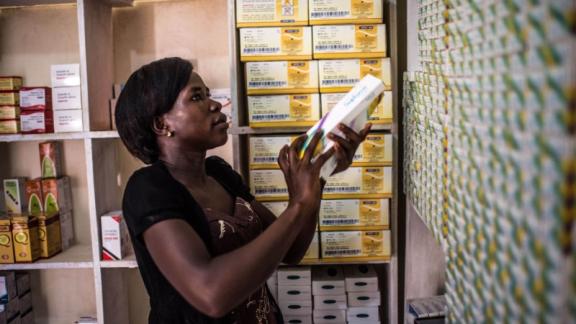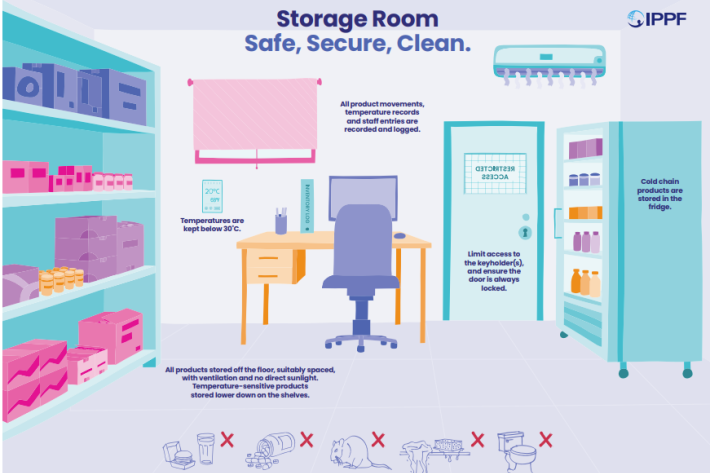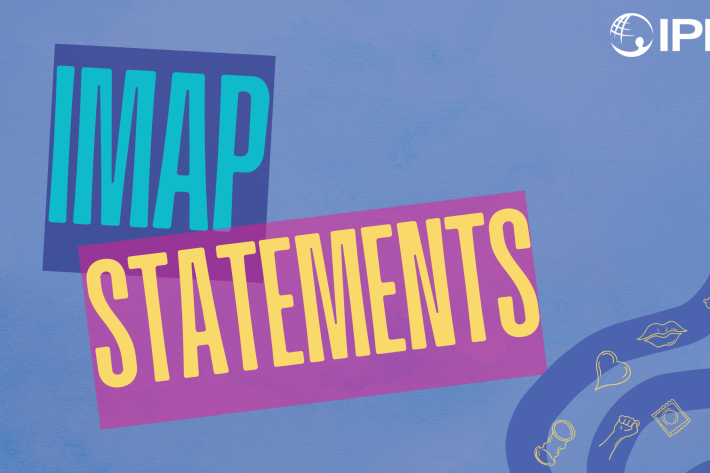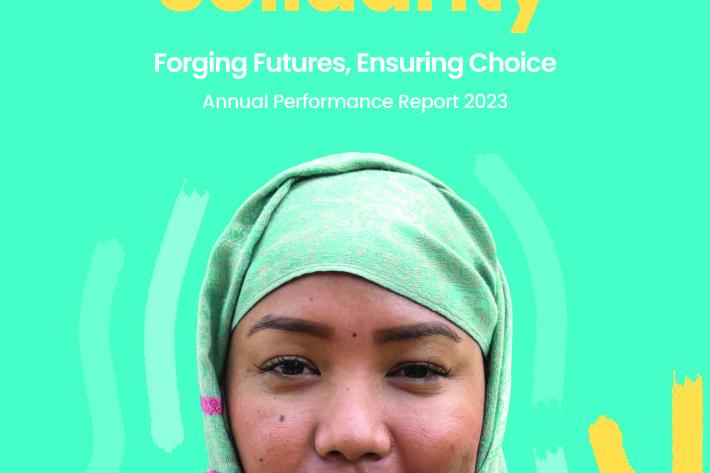Spotlight
A selection of resources from across the Federation
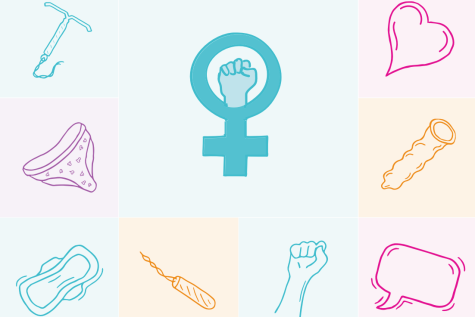
Technical Brief: Designing and Delivering Inclusive, Rights-Based Sexual and Reproductive Healthcare to Transgender and Gender Diverse People
This technical brief outlines key recommendations across several sexual and reproductive health service areas to promote access to inclusive care for transgender and gender diverse people.
Filter our resources by:

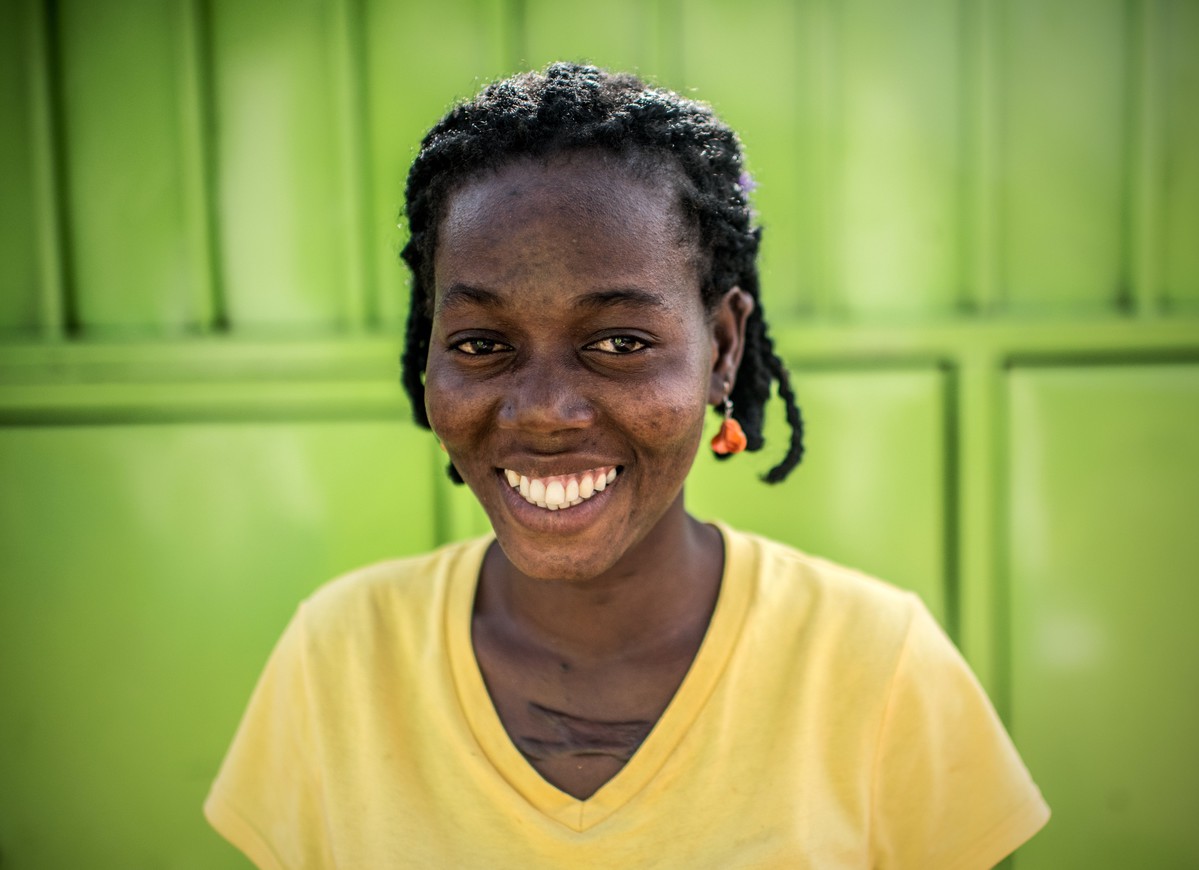
| 07 November 2016
Reaching the underserved in Uganda
Monica is a 25 year old mother of two. She grew up alone and dropped out of school, and she is now a sex worker in Gulu, Uganda. She started accessing the integrated services for services like family planning, Hepatitis B testing and counselling. "I like coming here, because of all the services and it's free of charge. They’re so caring, they handles us in a good way, they know how to talk to us. I’m so happy about the way I was welcomed here." Read more
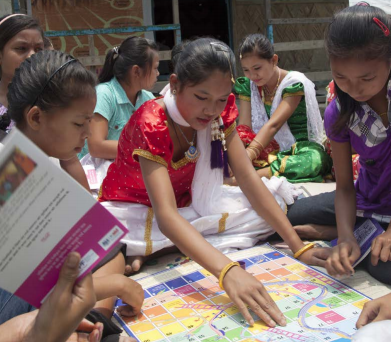
| 04 November 2016
Sustainable Development Goals and Family Planning 2020
Family planning is one aspect of the targets around universal access to sexual and reproductive health found in the SDGs (3.7 and 5.6). If your country is a FP2020 focus country or commitment maker, you can leverage the SDGs as a way of increasing the political priority of family planning, as well as ensuring the two SDG targets are being fulfilled. You can also use the Costed Implementation Plans (CIPs) – multi-year roadmaps designed to help governments achieve family planning goals – to strengthen your advocacy for the implementation of both the SDG and FP2020 commitments.
| 02 November 2016
Addressing the Contraceptive Funding Crisis
The world is facing a contraceptive funding crisis. Sufficient investment in contraception is not being prioritized at the global, national and subnational level. National and subnational governments need to prioritise family planning by allocating dedicated funds for contraceptive commodities. This discussion paper highlights contraceptive commodity security concerns in FP2020 countries in East Africa that will likely experience a reduction in global funding support for contraception from 2016 to 2020.

| 11 October 2016
Changing lives in Nigeria
Nigeria has Africa’s biggest population. And it’s still growing at 3% a year. A lack of family planning is one reason – many women and girls want contraception – but like millions around the world – can’t get it. But that could be about to change, thanks to a pilot project run by Planned Parenthood Federation of Nigeria (PPFN), IPPF’s national member. It’s proving a huge success. This is its story, told by the women whose lives it has changed and the people working to change them. LAUNCH THE INTERACTIVE STORY
| 11 October 2016
Putting Sexuality back into Comprehensive Sexuality Education: tips for delivering sex-positive workshops for young people
Millions of young people around the world are not getting the kind of education they need and deserve when it comes to understand their sexuality. This document is designed to complement Putting Sexuality back into Comprehensive Sexuality Education: making the case for a rights-based, sex-positive approach, and it aims to give practical tips for putting IPPF's right-based, sex-positive approach, into practice.

| 11 October 2016
Putting Sexuality back into Comprehensive Sexuality Education: making the case for a rights-based, sex-positive approach
IPPF took initiative to develop this discussion paper after advocates and programmes identified a pattern whereby sexuality was becoming marginalised within, or entirely excluded from, CSE programmes and advocacy efforts. We believe that sexuality education programmes are worth investment and implementation because they empower, build self-esteem, competence and confidence and lead to better health and well-being for the individual young people they reach. This publication is complemented by Putting Sexuality back into Comprehensive Sexuality Education: tips for delivering sex-positive workshops for young people.
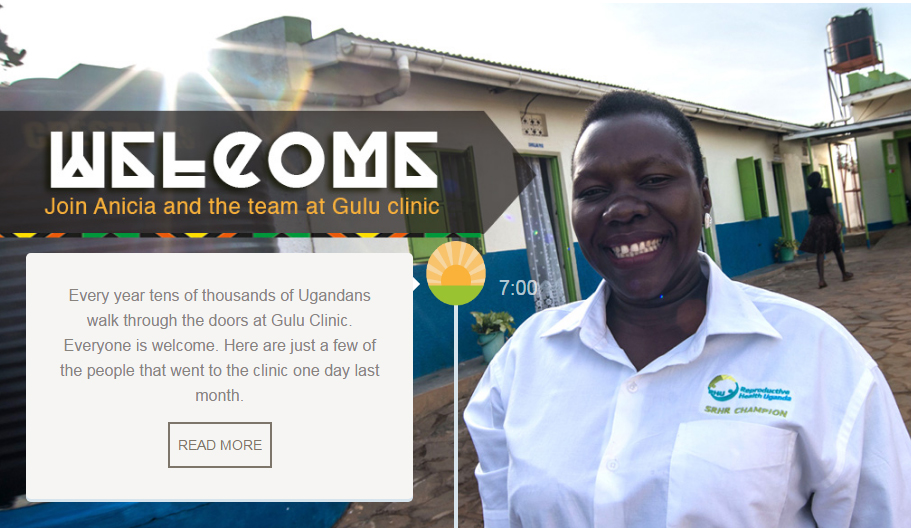
| 01 October 2016
Gulu clinic: A one stop shop of services in rural Uganda
Uganda has one of the highest fertility rates in the world, and as a result, it also has one of the most youthful populations - more than half of Ugandans are under the age of 15. Approximately, 755,000 unintended pregnancies occur annually out of which 297,000 result in unsafe abortions. We are working hard on the ground to tackle these issues. Our Member takes the approach of offering people as many services as possible to get all health needs met in the same place. See a day in the life of the staff and clients of Gulu clinic, Uganda.
| 24 September 2016
Happy 1st Birthday, Sustainable Development Goals!
Share the cake and share our message to global leaders on the crucial importance of sexual health around the world. Only twelve months ago, every government at the United Nations signed up to the 2030 Agenda on Sustainable Development and agreed to take unprecedented steps to achieve gender equality and ensure access to sexual and reproductive health. The commitment is there but we now need to make sure that this translates into action on the ground, action at country level around the globe.
| 16 September 2016
Fulfil! Guidance document for the implementation of young people's sexual rights (IPPF-WAS)
Translating the sexual rights of young people into practice not only involves raising awareness among young people for them to claim their rights, but working with duty bearers, such as health providers, educators and policy makers for them to fulfil these rights in law and in services. As adolescence is a time of gradually gaining responsibilities, implementing the rights of adolescents specifically involves a dynamic process of striking a balance between protecting them while respecting their autonomy and promoting their empowerment. With this in mind, IPPF and the World Association for Sexual Health developed Fufil!. This guide addresses the critical opportunities to implement young people’s sexual rights in a global context and provides specific guidance for policy makers, health providers and educators.
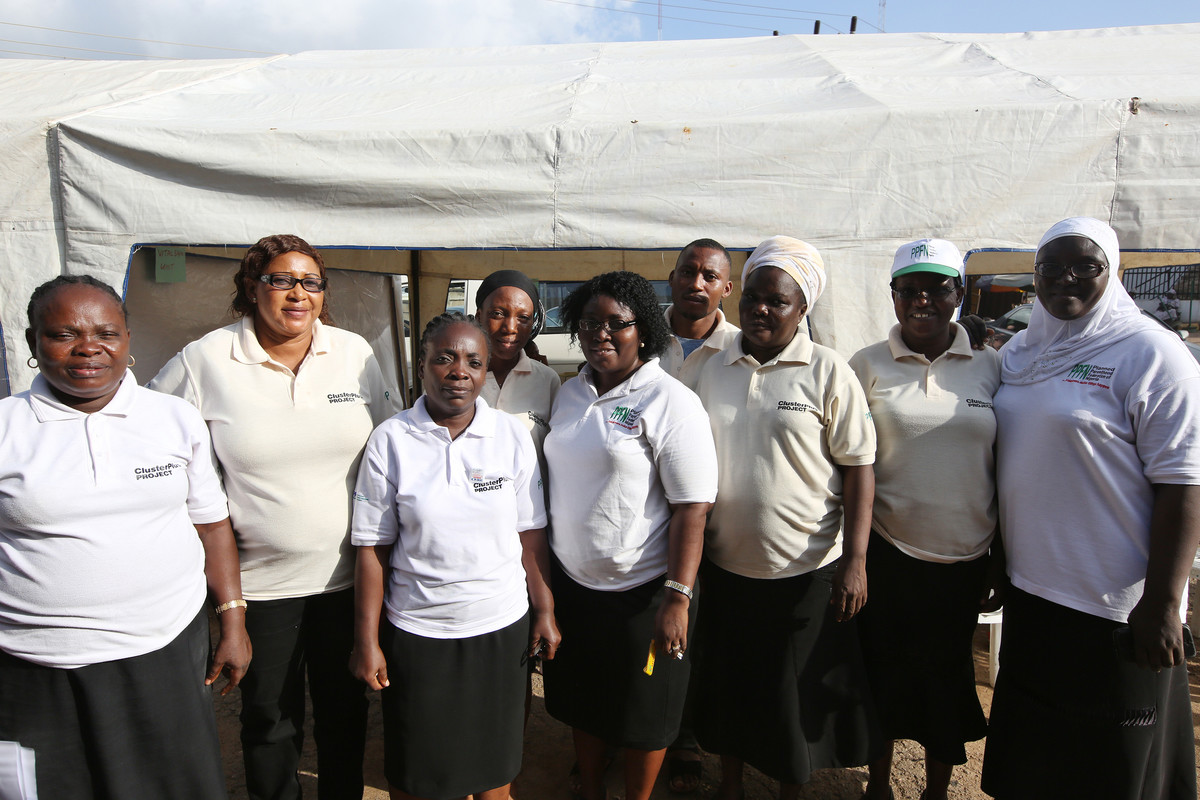
| 15 September 2016
Creating a one-stop shop of services in Nigeria
On the ground in Nigeria, one of programme officers explains why outreach is so successful: “The project was a one-stop shop which brought services together. So a woman could have screening for breast and cervical cancer, counselling and have access to all methods of family planning at the same place. Also if a woman was detected with early stage of cervical cancer, we were able to carry out a curative operation."
Pagination
- First page
- Previous page
- …
- 23
- 24
- 25
- 26
- 27
- …
- Next page
- Last page







